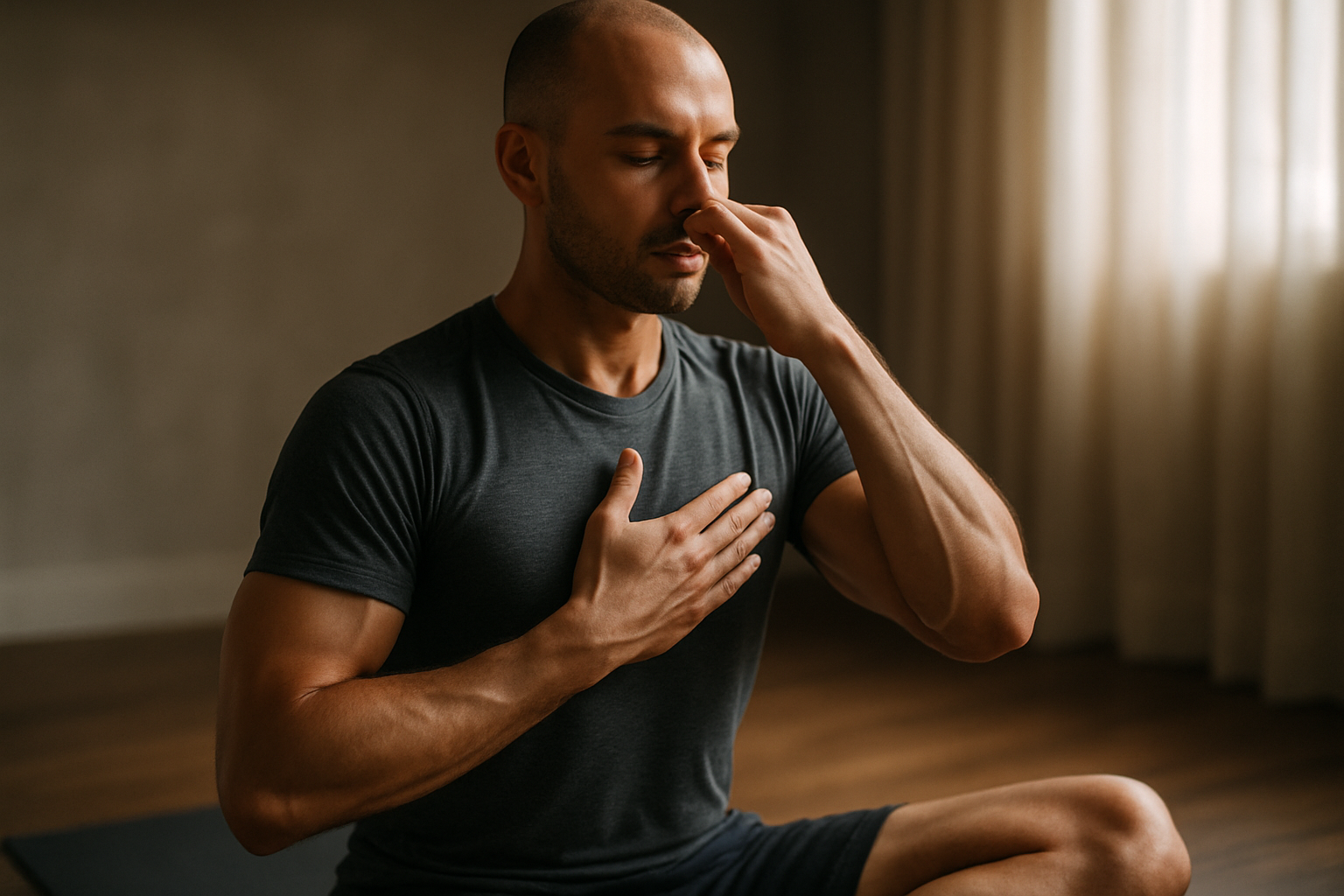Practical Strategies for Effective Anxiety Management
In today's fast-paced world, managing anxiety effectively is essential for overall wellbeing. Discover practical strategies and helpful approaches to cope with anxiety in this insightful article. From mindfulness techniques to lifestyle changes, learn how to navigate anxiety with resilience and empowerment.

What is anxiety and how does it affect our daily lives?
Anxiety is a natural response to stress, characterized by feelings of worry, unease, or fear. While occasional anxiety is normal, chronic anxiety can significantly impact daily functioning. It may manifest as physical symptoms like rapid heartbeat, sweating, or trembling, as well as mental symptoms such as racing thoughts or difficulty concentrating. Anxiety can affect various aspects of life, including work performance, relationships, and overall quality of life.
How can mindfulness techniques help manage anxiety?
Mindfulness is a powerful tool for anxiety management, helping individuals stay present and reduce overwhelming thoughts. Practicing mindfulness involves focusing on the present moment without judgment. Techniques such as deep breathing exercises, body scans, and meditation can help calm the mind and body. Regular mindfulness practice can increase self-awareness, reduce stress, and improve emotional regulation, all of which contribute to better anxiety management.
What role does exercise play in anxiety reduction?
Exercise is a natural and effective way to combat anxiety. Physical activity releases endorphins, the body’s natural mood elevators, which can help reduce stress and improve overall mental health. Regular exercise can also boost self-confidence, improve sleep quality, and provide a healthy outlet for pent-up energy or tension. Activities like walking, jogging, swimming, or yoga can be particularly beneficial for anxiety management.
How can cognitive-behavioral therapy (CBT) aid in anxiety treatment?
Cognitive-behavioral therapy is a widely recognized and effective treatment for anxiety disorders. CBT helps individuals identify and challenge negative thought patterns and behaviors associated with anxiety. Through this therapy, people learn to recognize cognitive distortions, develop coping strategies, and gradually face anxiety-provoking situations. CBT equips individuals with long-lasting tools to manage anxiety independently, making it a valuable component of comprehensive anxiety treatment.
What lifestyle changes can support anxiety management?
Several lifestyle modifications can significantly impact anxiety levels. Prioritizing sleep hygiene by maintaining a consistent sleep schedule and creating a relaxing bedtime routine can improve overall mental health. Limiting caffeine and alcohol intake can help reduce anxiety symptoms, as both substances can exacerbate anxiety. Additionally, maintaining a balanced diet rich in whole foods, omega-3 fatty acids, and complex carbohydrates can support brain health and mood regulation.
Are there any effective natural remedies for anxiety relief?
Natural remedies can complement traditional anxiety treatments. Herbal supplements like chamomile, lavender, and passionflower have shown potential in reducing anxiety symptoms. Essential oils, particularly lavender oil, can promote relaxation when used in aromatherapy. Practicing relaxation techniques such as progressive muscle relaxation or guided imagery can also provide relief. However, it’s crucial to consult with a healthcare professional before incorporating any natural remedies into your anxiety management plan.
How can social support and connection aid in anxiety management?
Building and maintaining strong social connections is vital for effective anxiety management. Sharing concerns with trusted friends or family members can provide emotional support and different perspectives on anxiety-inducing situations. Joining support groups or online communities dedicated to anxiety management can offer a sense of belonging and shared experiences. Engaging in social activities and maintaining relationships can also serve as a positive distraction from anxious thoughts and promote overall well-being.
In conclusion, managing anxiety effectively requires a multifaceted approach that combines various strategies and techniques. By incorporating mindfulness, exercise, therapy, lifestyle changes, and social support, individuals can develop a comprehensive toolkit for coping with anxiety. Remember that anxiety management is a personal journey, and what works best may vary from person to person. With patience, persistence, and the right strategies, it’s possible to reduce anxiety’s impact and lead a more balanced, fulfilling life.
This article is for informational purposes only and should not be considered medical advice. Please consult a qualified healthcare professional for personalized guidance and treatment.




